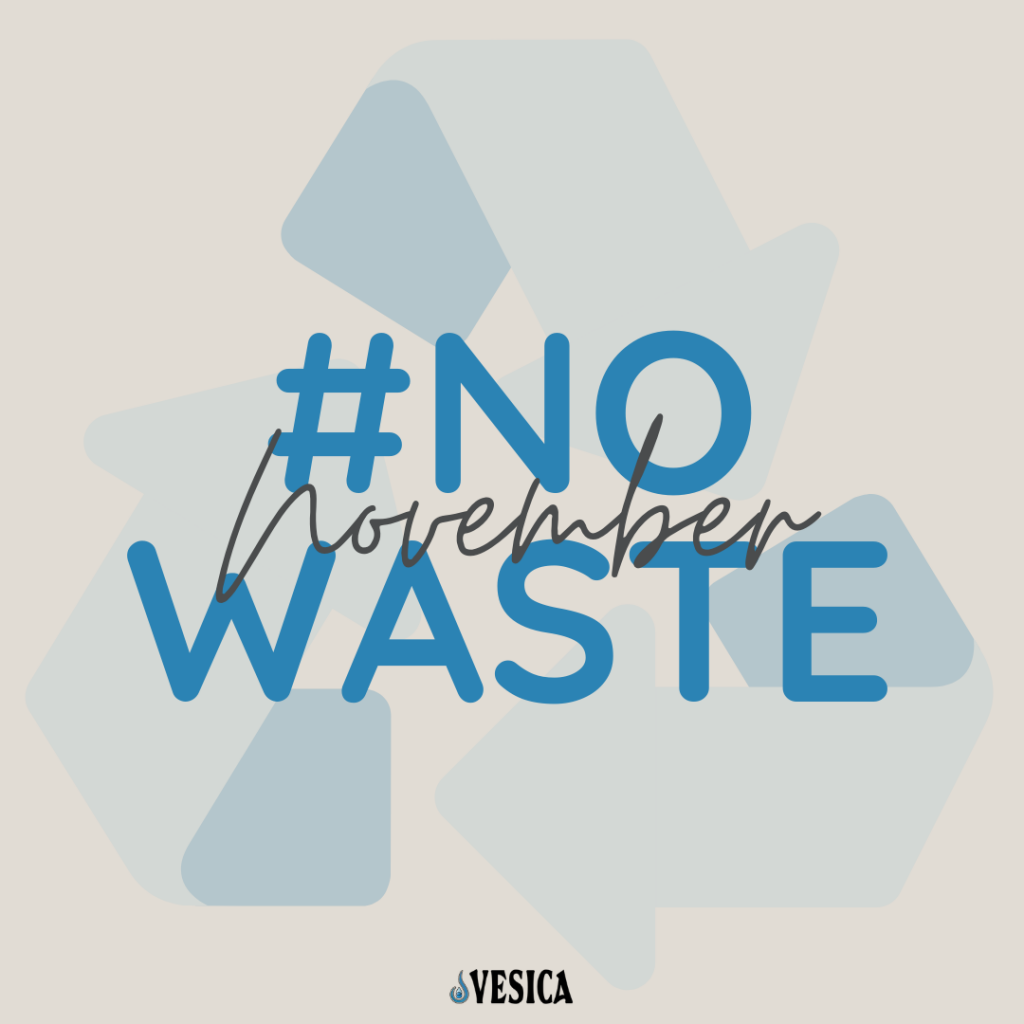7 Ways To Have A Plastic-Free Weekend
We find the weekend one of the toughest times to be plastic-free. You’ve spent all week packing lunchboxes in glass or metal containers for you and the kids, remembered your shopping bags and sipped from your water bottle but then the weekend comes and you’re out of the house a little bit more and looking for ways to treat yourself to a coffee from your local cafe. It’s all too easy to fall back into your old plastic wasting habits.
The Plastic Free July Challenge is a great way to get started on the road to a zero-waste lifestyle, but it is exactly that – a lifestyle. Incorporate some plastic-free activities and practises into your weekend and soon they will become second nature, meaning that you will be reducing your plastic without even thinking about it! Here are 7 of our favourite plastic-free weekend activities to get you started.
Visit the local farmers market
Farmer’s markets are a great weekend activity and a great way to save on plastic wrapping, eat organic, support local and independent businesses and have an all-around more personal shopping experience. You can find these in your local town and more and more are popping up in cities. Bulk food stores are also another way to say on the packaging, just grab your favourite refillable container!
Buy from the deli or bakery
When it comes to buying the ingredients for brunch this weekend visit your local bakery for your loaf of bread or the deli for your bacon. Most businesses are happy to wrap your products in your own containers or wax wraps so just ask!
Take your own picnic
If you’re lucky enough to have some sunshine this weekend, pack up a picnic and set off for your local park. As most of us can’t visit cafe’s at the moment a picnic is a great alternative, and it will help you to reduce your plastic waste.
For the ultimate plastic-free picnic, wrap your goodies in muslin or wax and store items in glass or stainless steel containers. You can also bring your own glass cups to drink out of and bamboo or metal cutlery, if you need them. Then all you need to do is just sit back and relax.
Remember your water bottle
Plastic bottles are the quickest thing to sink to the bottom of the ocean, and will never biodegrade. Plastic particles from bottles are also slowly eroding into your water so on a whole they are bad for the environment, and bad for your health! Grab yourself a stainless steel water bottle and remember to keep these on hand when you’re out and about this weekend.
Start your own herb garden or veggie patch
Herbs and veggies often come with a huge amount of plastic waste. From herb portions wrapped in plastic to fruit on plastic trays, there are so many ways that you can reduce your plastic waste and growing your own is one of the best.
Even if you just have space for a few small pots of herbs or salad leaves on your window ledge growing your own is a perfect weekend activity!
Ditch the coffee run
We know that a coffee run on a Sunday morning feels like a treat, but disposable coffee cups can no longer be recycled. It is estimated Australians use 1 billion disposable coffee cups each year. That’s approximately 2,700,000 paper coffee cups thrown out every day!
Instead, invest in some quality, fair-trade coffee that lives up to your takeaway coffee standards and make your own at home. It also means that you can stay in bed a little bit longer while you drink it.
Make your own cleaning products
There is basically nothing that you can’t clean with a little vinegar, baking soda and water. Mix 1/2 cup vinegar and 1/4 cup baking soda into 1/2 gallon (2 litres) of water in a glass spray bottle and you’ve got an eco-friendly cleaner that will clean kitchen surfaces, water deposit stains on the shower stall panels, bathroom chrome fixtures, windows, bathroom mirrors, etc.
Can you count how much plastic you’ve used so far this weekend





